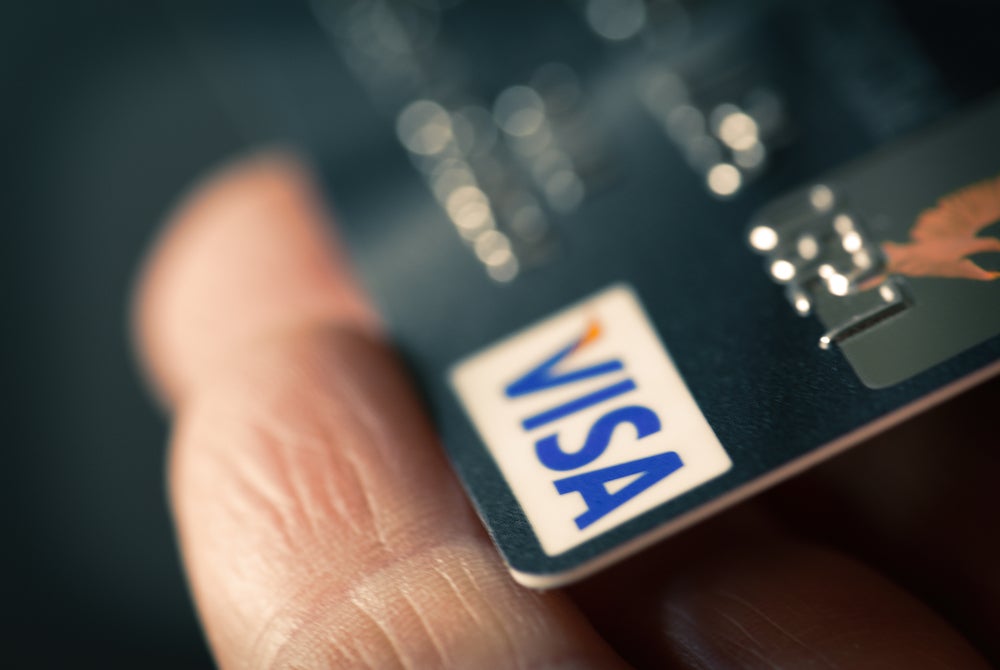
Visa cards are accepted at millions of locations in over 200 countries and territories worldwide. Mohamed Dabo reports on a set of prescribed guidelines that give all interested parties a greater insight into the payment giant’s operations
Visa has specific rules clarifying acceptance procedures for merchants. These standards provide a glimpse into how Visa runs its global business.
Visa has established rules that are designed to minimise risks and provide “a common, convenient, secure and reliable global payment experience” while supporting geography-specific rules that allow for variations and unique marketplace needs.
The rules are set and modified by Visa to support the use and advancement of Visa products and services, and represent a binding contract between Visa and each member. By keeping abreast of these policies, merchants can avoid being out of compliance with Visa rules, and can maintain customer satisfaction.
Visa also continues to work with merchants to provide best practices and tools to assist them in operating their back offices efficiently.
Visa’s three sets of rules
The Visa Core Rules contain fundamental rules that apply to all Visa system participants and specify the minimum requirements applicable to all members to uphold the safety, security, soundness, integrity and interoperability of the Visa system.
The Visa Product and Service Rules contain rules that apply to Visa system participants based on use of a product, service, the Visa-Owned Marks, VisaNet, the disputeresolution process and other aspects of the Visa payment system. The Visa Product and Service Rules also include operational requirements related to the Visa Core Rules.
The Visa Supplemental Requirements are Visa- or third-party-administered documents or websites that contain requirements beyond the content of the Visa Core Rules and Visa Product and Service Rules – for example: Visa Product Brand Standards, BASE II Clearing Services, Visa Integrated Circuit Card Specification, Payment Card Industry) Card Production and Provisioning – Logical Security Requirements.
Five essential rules for merchants
The company recommends that merchant review the following topics and adopt any changes necessary in their day-to-day business.
Number 1: Accepting all Visa cards. To offer the broadest possible range of payment options to cardholders, merchants must accept all categories of Visa debit, credit, and prepaid cards, the company said.
Note: Visa debit and credit cards may have different acceptance policies in the US, Australia, New Zealand, Canada or Europe, where limited acceptance is permitted under specific conditions.
Number 2: Surcharges. Surcharges are not permitted, except in the US, Australia, New Zealand and Europe.
In the US or a US territory such as Guam or Puerto Rico, a registered merchant may assess a fixed or variable surcharge on a Visa credit card transaction, subject to certain conditions and applicable laws or regulations.
In Australia and New Zealand, a merchant may assess a fixed or variable surcharge on a Visa transaction, subject to certain conditions and applicable laws or regulations.
In Europe, the merchant must clearly communicate any surcharge amount to the cardholder, and the cardholder must agree to the surcharge amount, before the merchant initiates the transaction.
Number 3: Minimum transaction amount. Merchants only in the US or a US territory may impose a minimum transaction amount on a Visa credit card. Ensure that minimum transaction amounts, which may be no greater than $10, are imposed on Visa credit card transactions only.
Number 4: Supplemental ID. A merchant may not request cardholder identification as a condition of purchase.
Exceptions apply in the Asia-Pacific, Canada, CEMEA, LAC and US regions: a merchant that suspects fraud in a face-toface environment may request cardholder identification. If the identification is expired or does not match the name on the card, or if the cardholder does not provide identification, the merchant may decide whether to accept the card.
The merchant should honour the card if they have obtained proof of card presence, a valid authorisation, and/or a valid PIN.
Number 5: Incorrect merchant category code. A merchant must be assigned the Merchant Category Code (MCC) that best describes its business. The MCC must describe the principal trade, profession or line of business in which the merchant is engaged.
Because Visa and its members use MCC data for a range of purposes, including activity tracking, reporting, and risk management purposes, it is crucial that merchants are assigned the proper MCC.
Education and training materials
Visa has a variety of tools and materials specifically created to help merchants in key areas such as card acceptance and fraudprevention procedures.
Visa.com offers an assortment of brochures, guides and flyers that will assist brick-andmortar merchants as well as those doing business by phone or over the internet.







